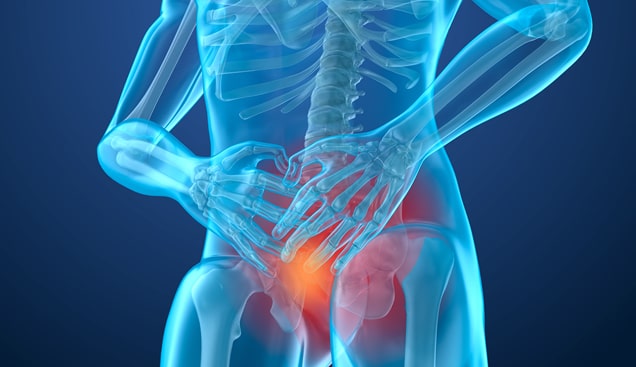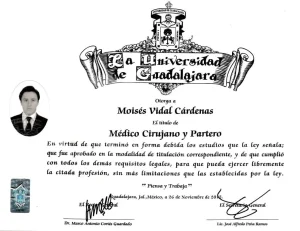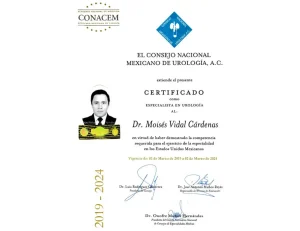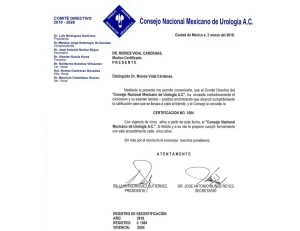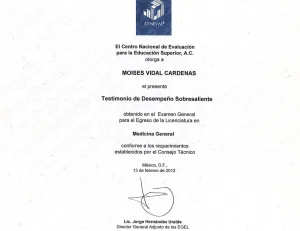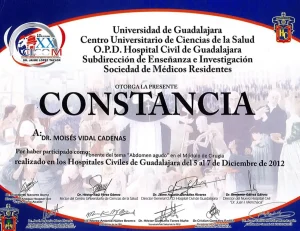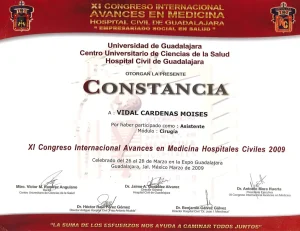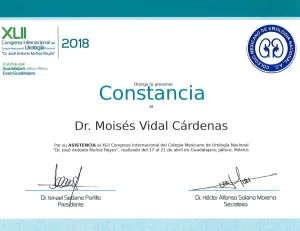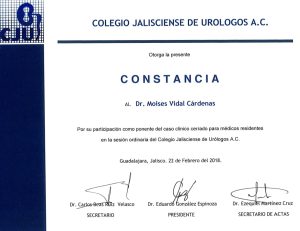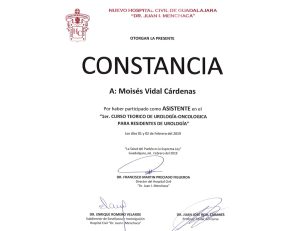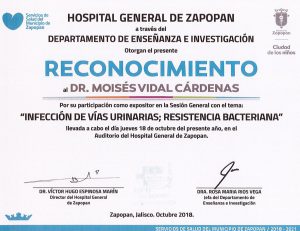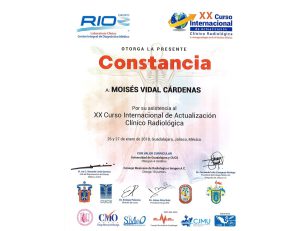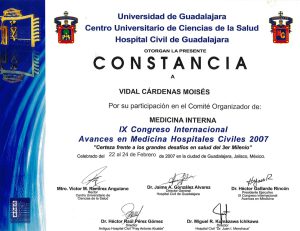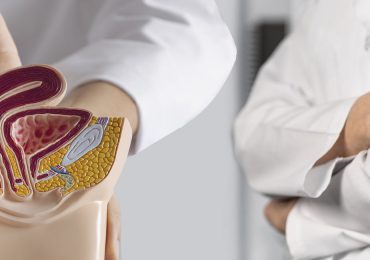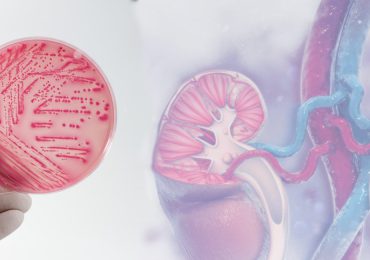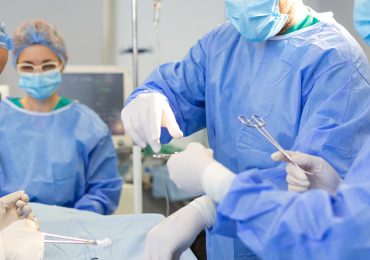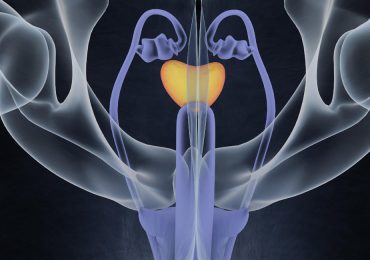Schedules
Monday Wednesday Friday 10:00AM – 02:00PM
Salamanca – Guanajuato
04:00 pm – 07:00 pm
Tuesday – Thursday
San Miguel de Allende 09:00 am – 05:00 pm
Saturday – Sunday
Closed
Schedule an Appointment
Save time by scheduling your appointment online with Dr. Moisés Vidal, Urologist and Specialist in Minimally Invasive Surgery in San Miguel de Allende and Salamanca Guanajuato
Emergency Telephones
Please contact in case of emergency or to request a consultation.
Dr. Moises Vidal Cárdenas
Professional Urologist, Expert in Urological Conditions and Minimally Invasive Surgery.

Training
• Surgeon
• General Surgery, HCFAA, 2013
• Urology, HGO, 2015
Home
• Western General Hospital (2015-2019)
• Old Fray Antonio Mayor Civil Hospital (2013-2015)
• Mac San Miguel de Allende Hospital
Certifications and Records
Expert in Minimally Invasive Surgeries
Urological Conditions

Kidney stones
Kidney stones, also known as nephrolithiasis or urolithiasis, are deposits ...

Prostate cancer
Prostate cancer arises when prostate cells begin to grow...

Erectile dysfunction
Erectile dysfunction is the inability to get and maintain an erection...

Testicular pain
Most men, on some occasions, may have localized pain...

Epididymitis
The epididymis is an elongated structure found at the back of the testis...

Phimosis
It is a narrowing of the skin that surrounds the glans making it difficult to see the foreskin...

Inguinal hernia
It arises when a piece of tissue, for example, some part of the intestine is pushed...

Prostatitis
Prostatitis is the swelling and inflammation of the prostate, which is a gland...

Genital warts
Genital warts are soft growths on the skin and mucous membranes of the genitals...

Urethritis
Urethritis is a urinary infection that affects the urethra and can produce bacteria ...

Varicocele
Varicocele is the enlargement of the veins within the loose skin that supports the testicles...

Balanitis
It is the inflammation of the head of the penis, due to different factors or bacteria...

Sexually Transmitted Diseases
They are infections that are transmitted from one person to another through sexual...

Sexual
problems
They are those pathologies or circumstances that do not allow sexual intercourse ...

Urinary
incontinence
Urinary incontinence is the loss of
bladder control
or the inability...

Hydrocele of the tunica vaginalis
A hydrocele is a swelling of the scrotum that occurs when fluid builds up...

Prostate enlargement
Also known as benign
prostatic hyperplasia
(BPH)...

Male
infertility
It is defined as the inability to achieve a pregnancy naturally after one year...

Urinary
infections
They are infections that develop
in any part of the
urinary system...

Urethral
stricture
It is a scar that narrows
the duct that carries urine out of the body...
What is urology and what are its sub specialties?

Urology is the medical-surgical specialty that deals with the prevention, diagnosis and treatment of morphological diseases of the kidneys, urinary tract and retro-peritoneum that affect both sexes, as well as diseases of the male genital tract, regardless of age.
In the anatomical field, it includes the kidney and its adjacent structures, the urinary tract and the male genital apparatus, also addressing the dysfunctions of the following organs and structures:
-Bladder
-Kidney
-Adrenal gland
-Prostate
-Penis
-Scrotum
-Testicle
-Epididymis
-Ureter
-seminal pathway
-Urethra
-Structures of the pelvic floor
Urology can take care, from a surgical, medical and comprehensive point of view, of all the ailments in its nosological (diseases, clinical signs, syndrome and symptoms) and anatomical (organs, systems and devices) area of influence.

What does a urologist do?
The urologist offers a surgical and medical vision of the diseases of the urinary system of men and women, paying special attention to the genital system of men.
He knows perfectly the nosology, clinical expression, etiology, anatomy, pathophysiology, physiology, diagnostic recognition methods, surgical procedures of the organs, systems and devices described above and is divided into the following subspecialties:
Subspecialties of Urology
Pediatric Urology
Pediatric urologists are surgeons who can diagnose, treat, and manage urinary and genital problems in children.
Female Urology
The subspecialty of female urology is responsible for the diagnosis and treatment of urinary tract disorders, of which the most prevalent are; urinary incontinence, overactive bladder, pelvic organ prolapse, recurrent urinary tract infection, and pelvic pain.
Geriatric Urology
Geriatric urology is that medical subspecialty that is responsible for studying and diagnosing diseases of the reproductive system of older adults.

Andrology
Andrology is the branch of urology responsible for the study, investigation, and exploration of any aspect related to male sexual function and reproduction.
It is mainly responsible for problems related to erection, infertility, sexual impotence problems, prostatic tumors, both malignant and benign, adrenal, kidney and bladder tumors, etc.
Urolithiasis
It is that subspecialty of urology that is responsible for the study, diagnosis and treatment of diseases that occur forming urinary stones, such as concretions or stones.
Stones can form anywhere in the urinary tract, from the kidney chambers to the urethra, although they are usually the bladder, ureter, and kidney.
Urologic Oncology
This subspecialty studies benign and malignant tumors, but paying special attention to malignant tumors (cancer) within the reproductive system of both sexes.
Endourology
It is a minimally invasive surgical technique, through which, endoscopically, many diseases of the upper and lower urinary tract can be treated, from the urethra to the kidney.
Why is it important to visit the urologist?
Timely medical check-ups are the most effective way to prevent and diagnose any disease early.
But especially from the age of 40 or 45, men should go periodically to have an analysis and medical check-up at the urologist, since it is from these ages when diseases such as prostate cancer, benign prostate obstruction, sexual and scrotal or penile problems.
In our medical clinic we have specialized services in the treatment and timely diagnosis of prostate cancer and male sexual health, in addition to other general urology services for both men and women.
